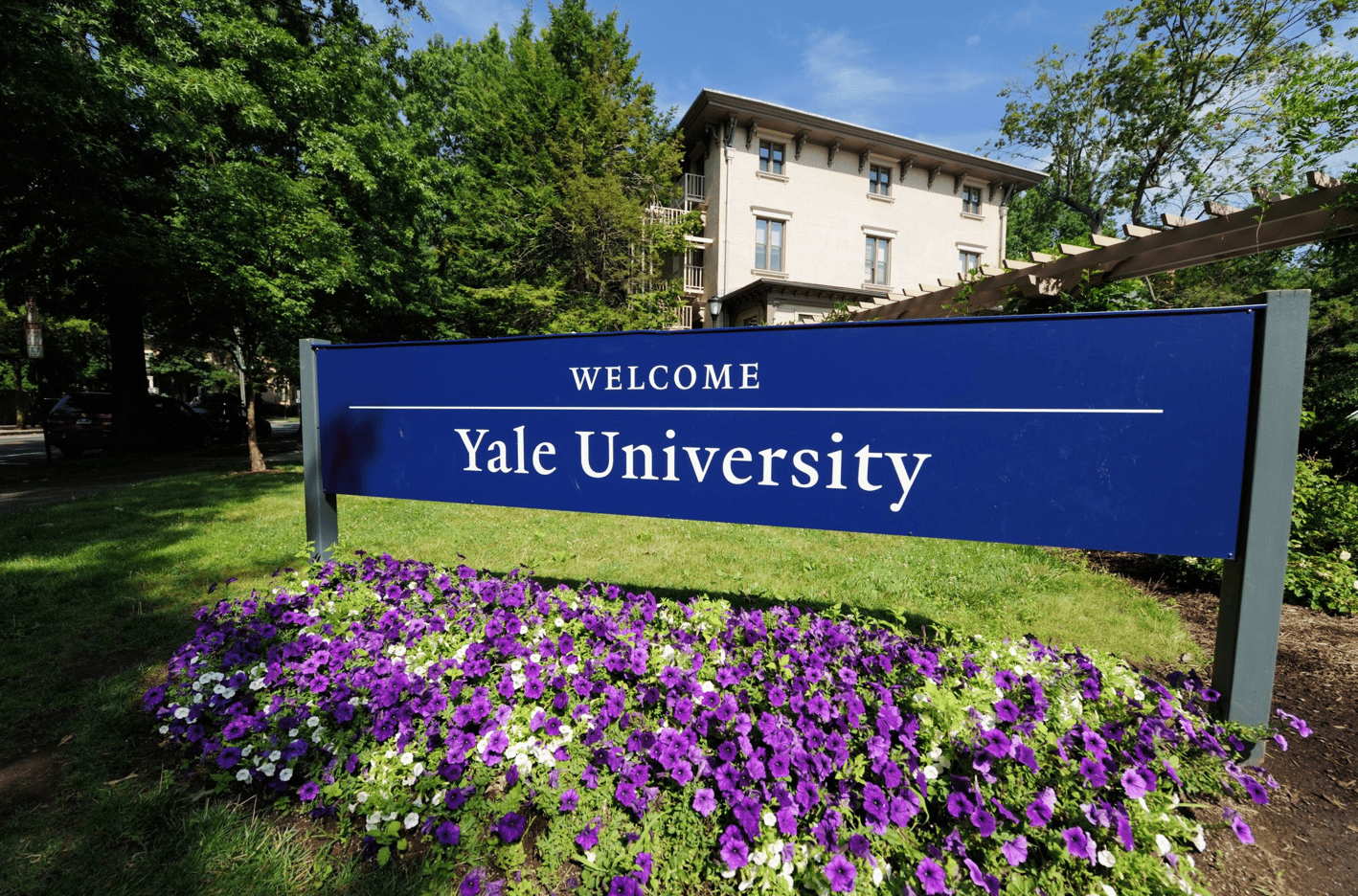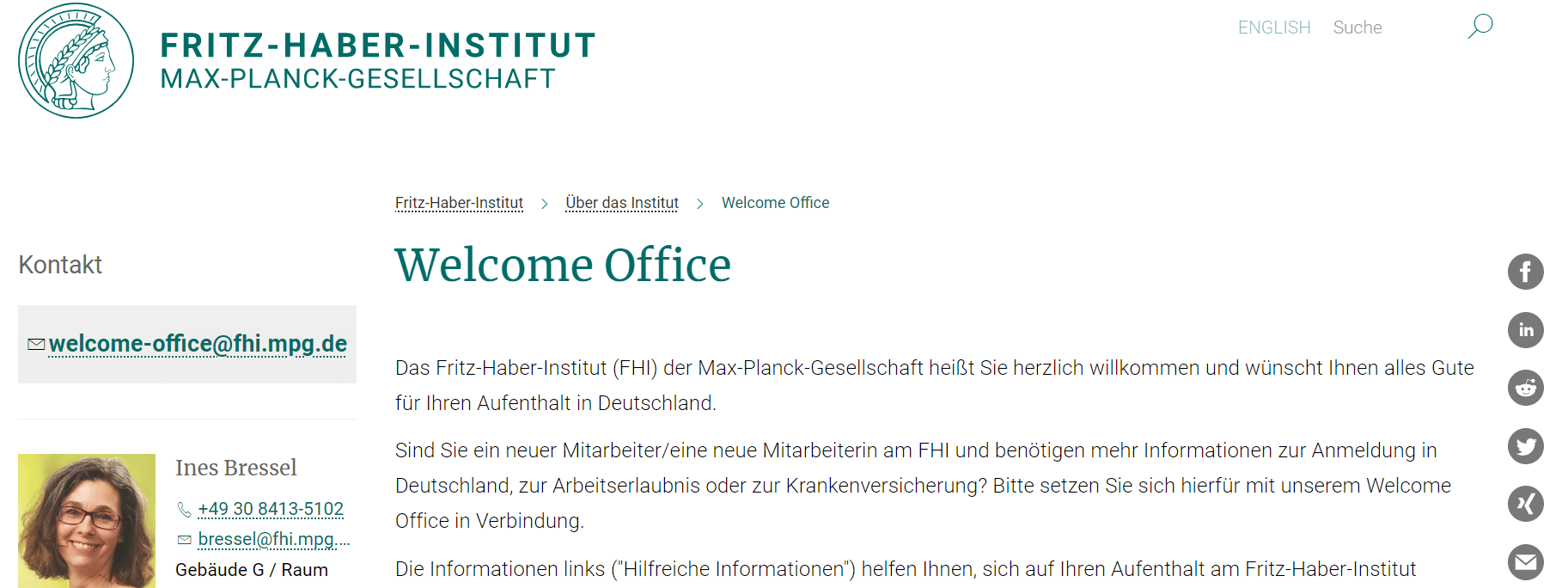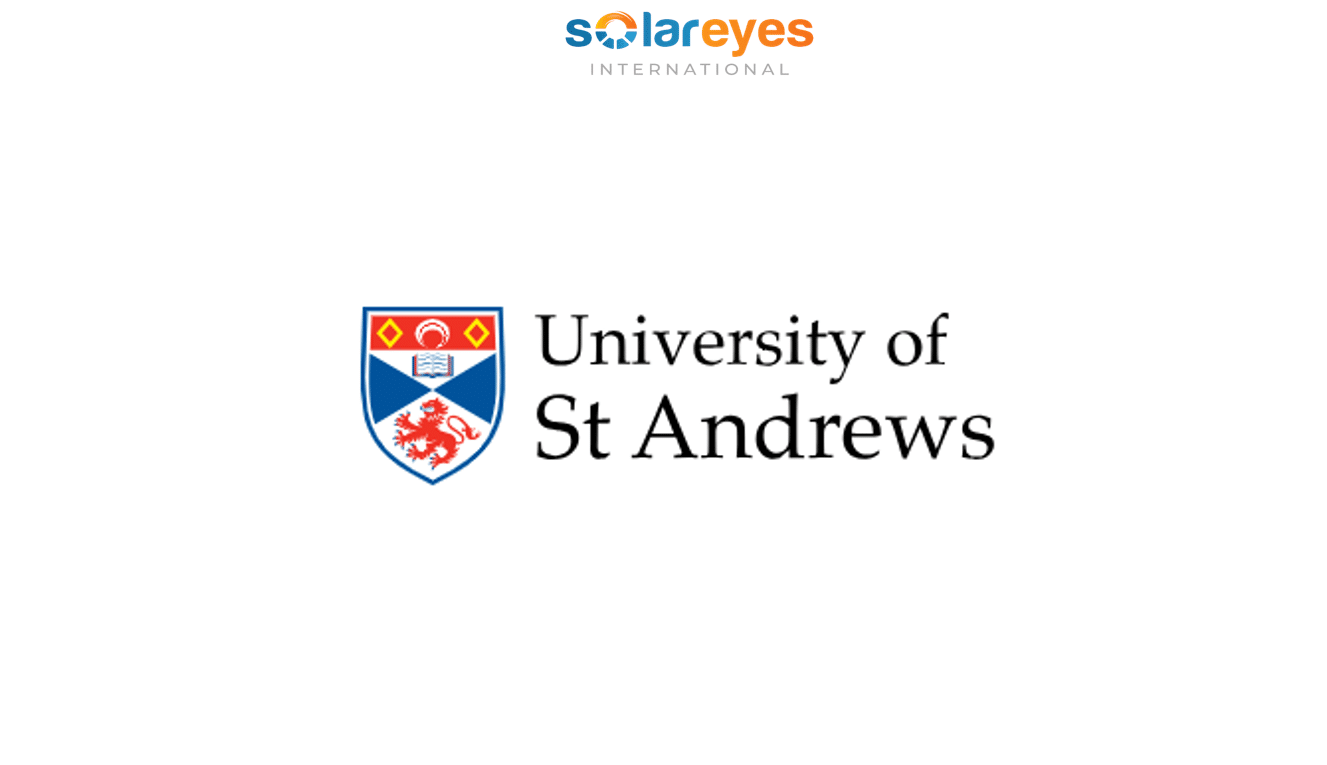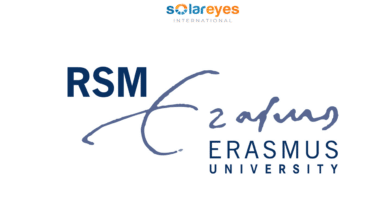PhD Studentship on Building Capacity for Smart City Transitions: Tallinn University of Technology, Switzerland
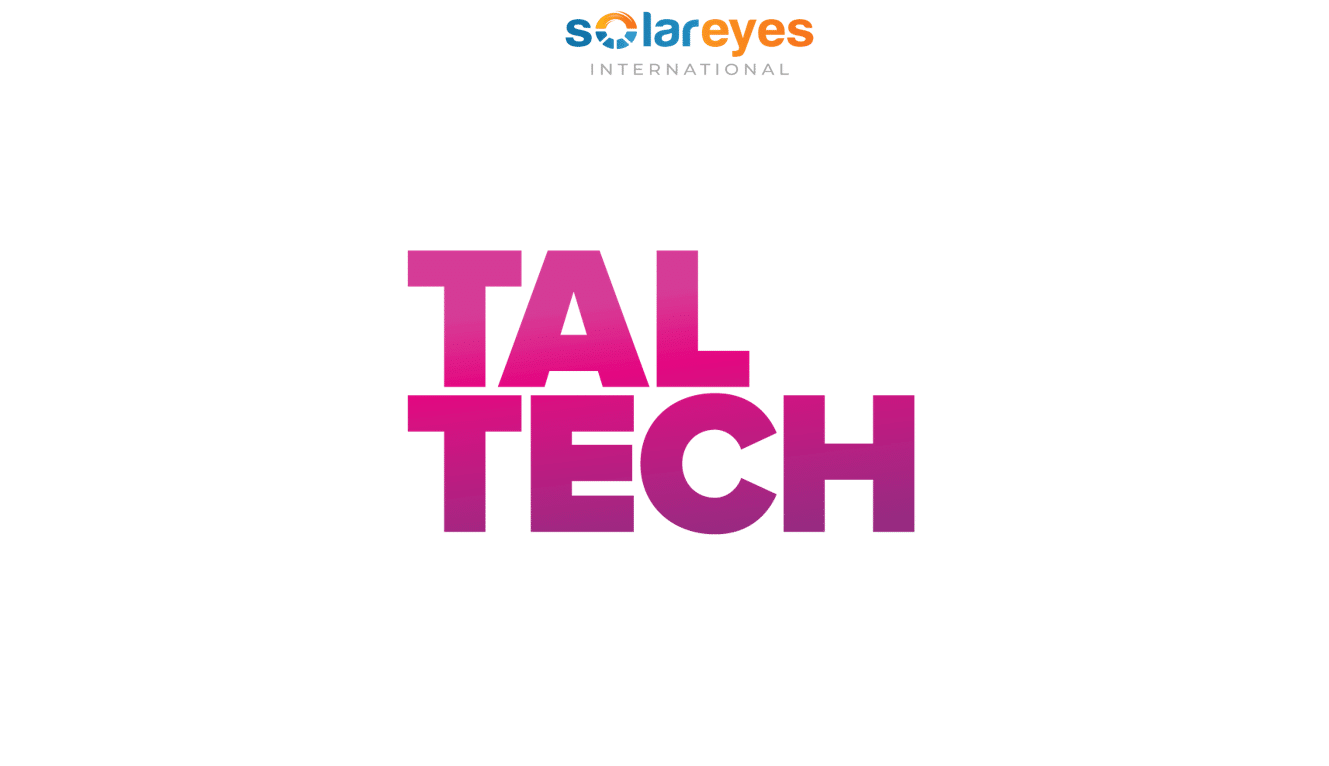
PhD Studentship on Building Capacity for Smart City Transitions: Tallinn University of Technology, Switzerland
PhD Studentship on Building Capacity for Smart City Transitions: Tallinn University of Technology, Switzerland
Abstract
The Academy of Architecture and Urban Studies and the FinEst Centre for Smart Cities of Tallinn University of Technology (TalTech) invite applicants for a 4-year PhD position in the field of Urban Innovation and Smart City Development. The PhD candidate is expected to apply qualitative research methods to develop new insights into the governance mechanisms of sustainable smart city transitions, with a particular interest in the role played by the public sector. This PhD position is full-time and fully funded.
The PhD position is part of this prestigious European project FinEst Twins, which has been instrumental in establishing the FinEst Centre for Smart Cities: a new Tallinn-based research and innovation organization that results from a joint venture between Tallinn University of Technology (Estonia), Aalto University (Finland), Forum Virium Helsinki (Finland) and two Ministries in Estonia. Hosted at TalTech, the FinEst Center for Smart Cities is boosting smart city research and translate scientific results into real-life innovations, by supporting the design, experimentation, and scale up of user-driven smart city solutions to urban challenges. The four-year PhD position at TalTech will make it possible to conduct research under the supervision of experienced professors and researchers working in the field of smart city transitions.
The proposed project is highly international, and the successful candidate will have the possibility to engage with a broad network of leading universities and research centers which are already collaborating with the supervisory team. These collaborations include representatives of Massachusetts Institute of Technology, University College London, Copenhagen Business School, City University of Hong Kong, The University of Edinburgh, Stanford University, and Erasmus University Rotterdam, just to name a few.
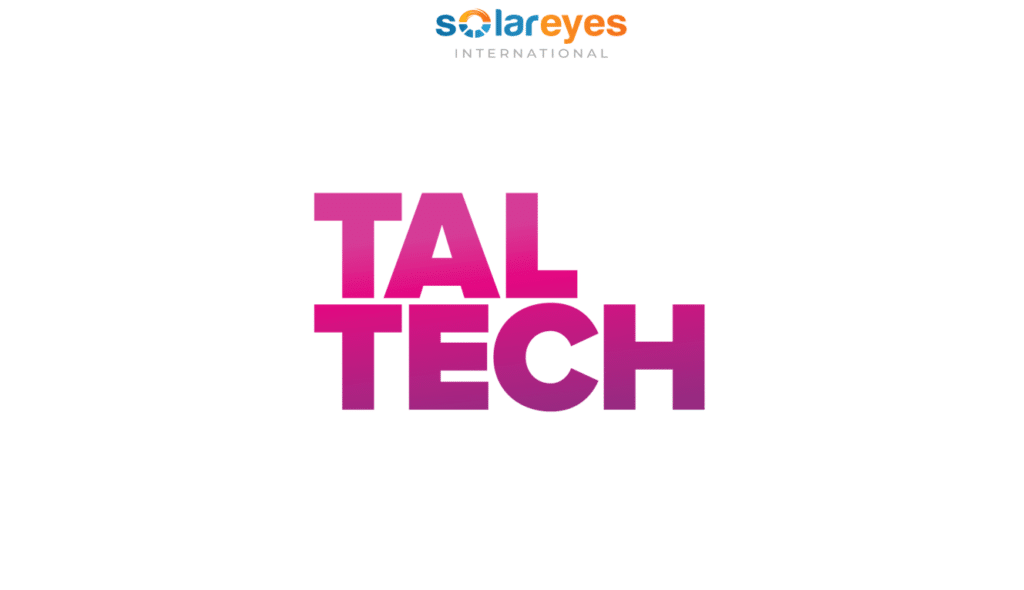
SOLAR NEWS: The Largest Floating Solar Farm in North America Comes Online
| Research field: | Building and civil engineering and architecture |
|---|---|
| Supervisors: | Prof. Dr. Ralf-Martin Soe Prof. Dr. Luca Mora |
| Availability: | This position is available. |
| Offered by: | School of Engineering Department of Civil Engineering and Architecture |
| Application deadline: | Applications are accepted between June 01, 2023 00:00 and June 30, 2023 23:59 (Europe/Zurich) |
Description: PhD Studentship on Building Capacity for Smart City Transitions: Tallinn University of Technology, Switzerland
Smart city development exposes the coevolutionary nature of technology and society, as well as the systemic character of innovation. Bringing new technologies into society is not sufficient to improve urban sustainability. For this goal to be achieved, a sociotechnical transition path must be created through complementary actions, whose cumulative effects make it possible to replace a stabilized technological trajectory with a new configuration that works.
During this transformation process, that we call smart city transition, the sociotechnical systems of an urban environment are subject to multi-dimensional changes which enable the introduction of smart city technologies into the built environment. These changes set in motion a dynamic learning environment, on-site experimentation with sociotechnical innovations for smart cities, institutional reconfiguration processes, and other complementary changes which support the wider adoption of smart city technologies and make it possible to solve issues of technical and social adaptation.
At the forefront of these transformation processes are governments, which need the capacity to drive a citywide vision of smart city development, create institutional conditions favorable to smart city project implementation, and coordinate the innovation-oriented coalitions (cross- and intra-sector partnerships) that are required to sustain collective smart city afforts. In this regard, the term capacity covers a multitude of needs: for example, changes in institutional structures, culture, systems, and roles, as well as the introduction of new staff, new infrastructure assets, revised public procurement processes, and upskilling processes.
Harnessing the Power of the Seas: Floating Offshore Wind Farms compared to Fixed Bottom Ones
All these changes contribute to creating the conditions that are necessary for smart city efforts to be effective. However, available knowledge does not offer a consolidated picture of what efforts should be put in place to address capacity gaps at different administrative levels. Comprehensive assessments of capacity building gaps in the public sector, for example, have yet to be produced in the smart city domain.
To help overcome this critical knowledge gap, this PhD Project will adopt a cross-disciplinary approach: it will connect theories developed in smart city research, innovation studies, and public administration studies, to investigate how the capacity of public servants to steer and support smart city transitions can be strengthened. Examples of relevant questions that the proposed PhD Project could focus attention on are reported below. However, the list is far from being exhaustive and can be freely expanded:
- How can we overcome the administrative silos and fragmentation of powers and responsibilities across different government levels?
- What are the structural reforms needed to enhance coordination within and across the public organizations involved in smart city transitions?
- How can cultural changes be triggered in public sector organizations so that innovation mindsets can flourish?
- How can sustainable forms of public entrepreneurship be supported?
- What are the skills gaps that affect the capability of public sector officials to govern smart city initiatives?
- What are the funding strategies and policies that can best support smart city transitions in conditions of economic constraints?
- What alternative procurement methods can be adopted to support smart city projects and transitions?
- What is the optimal policy mix for supporting smart city transition efforts?
- How can multi-level policy formulation be coordinated?
- What methods are best suited to formulate long-term, strategic orientations considering the potentially conflicting needs of different local stakeholders?
Supervisors:
Main supervisor: Prof. Dr. Luca Mora
Co-supervisor: Prof. Dr. Ralf-Martin Soe
Responsibilities and tasks: PhD Studentship on Building Capacity for Smart City Transitions: Tallinn University of Technology, Switzerland
The PhD candidate shall produce new insights into what government-wide capacity-building measures are needed to accelerate smart city transitions. The research will be conducted by adopting a qualitative research design. Examples of data collection and processing techniques that could be considered in the framework of the study include, but are not limited to, interviews, surveys, focus groups, participant observation, computer-based content analysis techniques for thematic coding and clustering.
How to Easily Perform Maintenance on Your Own Home Solar System – DIY maintenance tips
The research activity shall be theoretically grounded. The PhD candidate shall be responsible for identifying and connecting the relevant theoretical backgrounds and for ensuring that satisfying theoretical and practical contributions are produced through the research process. In addition, the PhD candidate shall be responsible for selecting the most appropriate tools and methods for conducting the research activity and detailing the design of the research project. The PhD candidate is also expected to disseminate the results of his/her research activity by producing journal articles and through the participation to research seminars, conferences, and lectures.
Requirements: PhD Studentship on Building Capacity for Smart City Transitions: Tallinn University of Technology, Switzerland
The applicants are required to fulfill the following requirements:
A university degree (M.Sc.) in disciplines related to urban studies. However, given the interdisciplinarity of the proposed project, consideration will also be given to applicants whose degrees are related to anthropology, business and management, development studies, economics, human geography, international relations, psychology, public administration, organization studies, and sociology. We strongly encourage applications from candidates familiar with the above-mentioned qualitative research methods and techniques. Previous experience in the use of qualitative data analysis software (such as Atlas.ti, NVIVO, QDA Miner or others) would be appreciated. Prior contributions or interests related to smart city research and experience in mixed methods are not fundamental requirements, but they would be appreciated.
Proven ability to carry out independent research and to work as a part of a broader team. In addition, the PhD candidate is required to have a strong interest in the presentation and publication of scientific results in high-quality scholarly journals.
Good command of the English language (speaking and writing).
Perovskite solar-cells: Revolutionizing the future of solar technology
The successful PhD candidate is expected to work full time for a duration of 4 years as a part of the Academy of Architecture and Urban Studies and FinEst Centre for Smart Cities.
The PhD candidate is also required to fulfil the requirements of Tallinn University of Technology PhD Program. Additional funds will be provided for research trainings, conferences and international mobility.
MORE INFORMATION AND APPLICATION HERE
FOLLOW US ON SOCIAL MEDIA
Follow us on LINKEDIN, FACEBOOK, TELEGRAM GROUP and WHATSAPP.
*** ALSO CHECK: HOW TO SIZE A SOLAR SYSTEM – 5 clear steps anyone can follow
HOW TO START A SOLAR COMPANY – do these 6 things and make money through solar
How to Identify Fake Solar Products
SOLAR PANEL LOSSES: All you Need to Know + Tips on how to avoid them
SOLAR PV MODULE MANUFACTURING PROCESS EXPLAINED – from solar cells to solar panel
10 Surprising Ways Solar Energy Can Save You Money Today!
Opportunities for Solar Energy Development in Europe
FREE TOOLS to use for Solar Panel Tilt Angle Calculation and Installation – for any location
How Solar Panels Can Increase Your Home Value
HOW TO IDENTIFY FAKE SOLAR PRODUCTS – 6 things to check
Some Examples of where People have Fallen Victim to Fake Solar Products
How to Choose Solar Panel Brands
Top 10 Solar Panel Companies Driving the Renewable Energy Revolution
Best Solar Cell Efficiency Chart – National Renewable Energy Laboratory(NREL)


